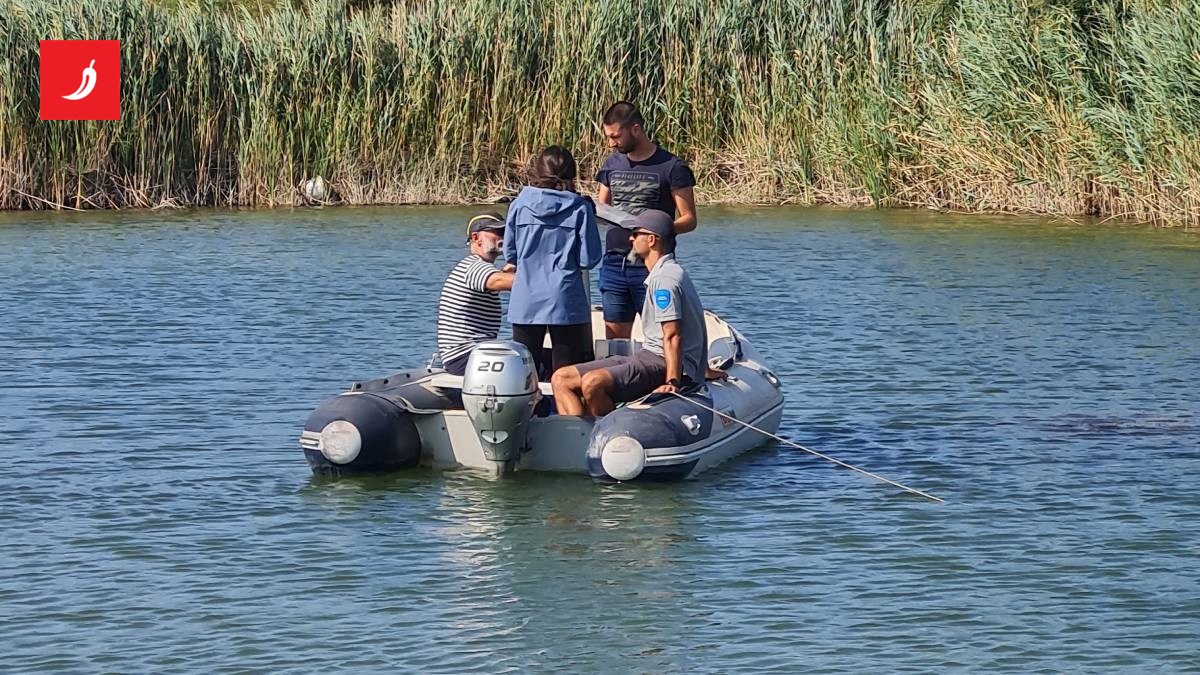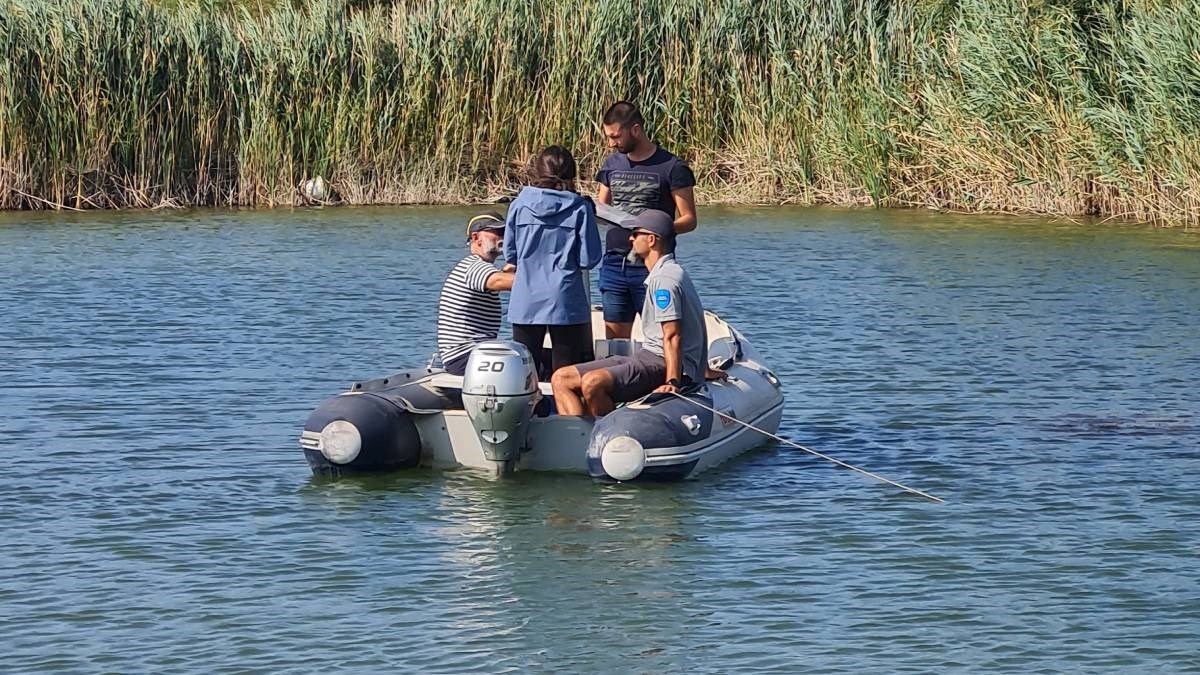Imagine climate change not only melting ice and raising sea levels but quietly destroying the microbial world in our freshwater lakes! Researchers at the Ruđer Bošković Institute have discovered that seawater intrusion into freshwater ecosystems, like Vransko Lake, alters microbial communities in the sediment, leading to dramatic changes in the methane cycle — one of the most dangerous greenhouse gases. Instead of breaking down methane, so-called methane pockets form where methane accumulates, and the microbes that degrade it disappear or become less efficient. Methane is 25 times more potent than carbon dioxide in warming the planet, meaning this silent disruption could have catastrophic climate consequences. The study, conducted by scientists from Croatia, Austria, Germany, and Denmark, showed that microbial communities do not adapt at the gene level but reorganize structurally — some species vanish, others take over functions, often less effectively. This is an alarming sign that the salinization of freshwater lakes is not just a problem for plants and animals but also for microbes controlling methane emissions. If we think climate change only affects the surface, we are wrong — it changes the microscopic world vital to our planet. Preserving these sensitive ecosystems, especially coastal areas, is urgently needed as the consequences can be long-term and irreversible. Did you know a real climate drama is unfolding silently in our lakes? Share your thoughts — maybe you have the solution to save the microbial world!
How Seawater Intrusion Destroys Microbial Life and Boosts Methane Emissions








































